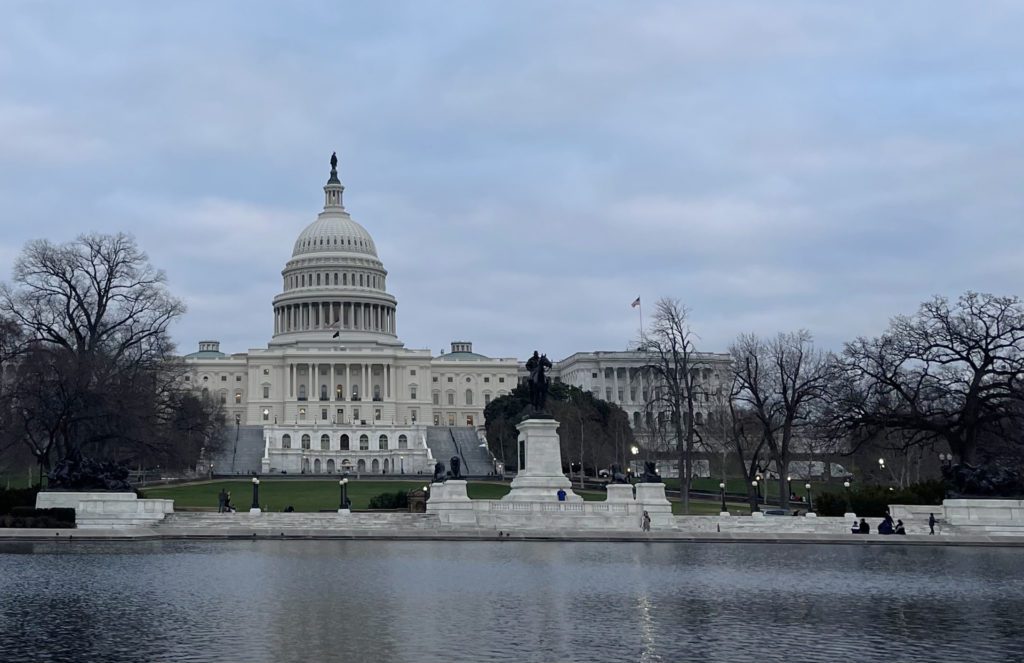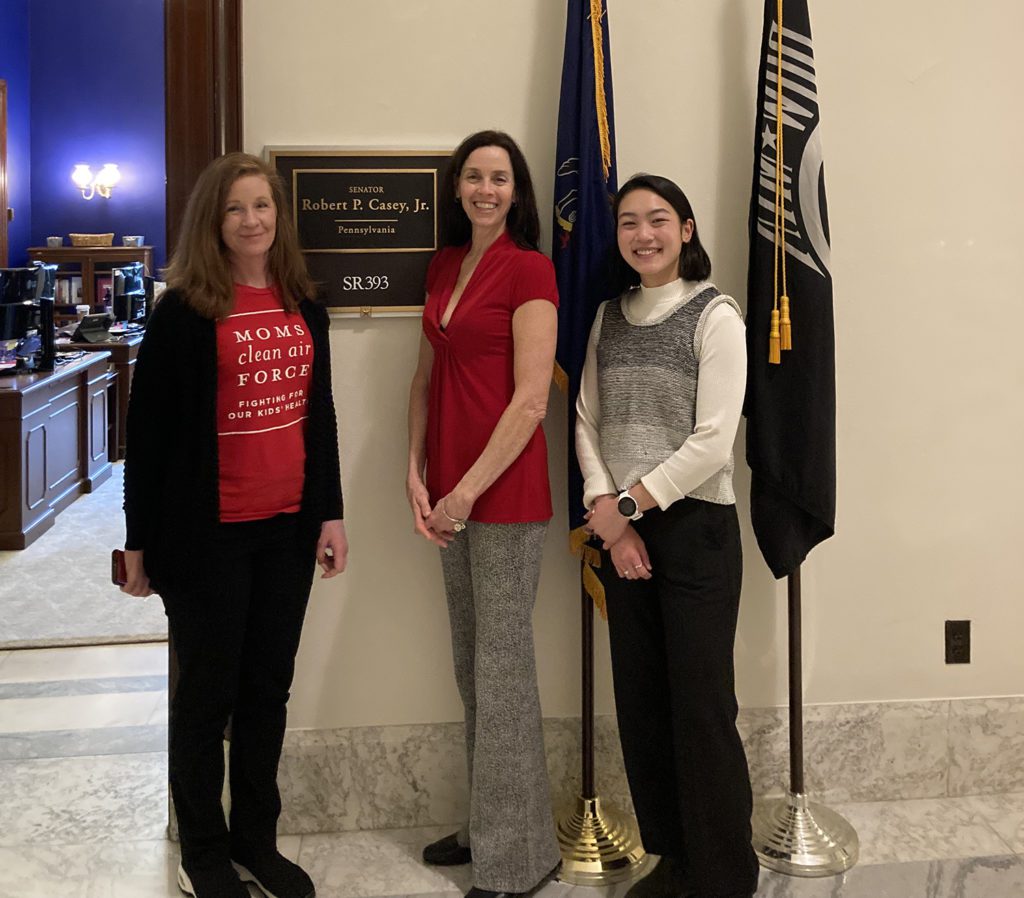Cut Methane: EPA is Holding Oil and Gas Polluters Accountable

Why work to reduce methane pollution?
Climate change doesn’t happen overnight, and neither will its solution. However, reducing methane emissions is one of the fastest and most effective ways of curbing climate warming in the short term. There are two reasons for this. First, methane is an extremely potent greenhouse gas. Second, methane does not last as long in the atmosphere as other pollutants such as carbon dioxide. This makes reducing methane emissions immediately a great way of tackling near-term climate warming.
The Methane Regulations
There are a number of federal initiatives aimed to reduce methane emissions from the largest industrial source: the oil and gas industry. Last December, the U.S. Environmental Protection Agency (EPA) finalized methane pollution standards for new and existing oil and gas facilities, which include gas wells, compressor stations, and storage tanks. This rule is a landmark step in reducing methane emissions from oil and gas operations of all sizes and will help protect public health and create jobs across the country.
Notably, this methane rule will set appropriate emissions monitoring requirements for wells regardless of size and require monitoring until a well is plugged. More operators will also be required to replace process controllers, used to regulate processes within gas equipment, with zero-emitting alternatives. Furthermore, the rule establishes the Super Emitter Program, which will require the EPA, third party monitoring companies, and operators to work together in identifying and fixing large emission events.

The Inflation Reduction Act (IRA) of 2022 also created the Methane Emissions Reduction Program (MERP), which aims to reduce methane emissions from the oil and gas sector. MERP establishes a Waste Emissions Charge (WEC) and revises greenhouse gas reporting requirements for the oil and gas sector, ensuring reported emissions are based on measured estimates. The WEC is a way of holding the largest polluters accountable for their pollution by levying a fee for excessive methane emissions. The WEC aims to work in tandem with the broader methane regulations; for example, operators that comply with methane regulations once they come into effect may be exempt from WEC fees.
Clean Air Council’s Involvement
Air pollution from the oil and gas industry affects everyone, especially frontline community members who are exposed to higher amounts of environment- and health-harming pollutants emitted by oil and gas infrastructure. The Council has worked with our members to prepare for public engagement opportunities. The EPA methane rule, for example, is the result of years of advocacy from the Council, our members, and our partners.
The methane rule, WEC, and the greenhouse gas reporting revision all involved a public engagement process that included a public hearing and comment period, among other opportunities. Clean Air Council supported member advocacy efforts by hosting educational webinars with partners and providing sample talking points and comments so members felt empowered to participate in the public engagement process. Most recently, the Council hosted a webinar on the WEC and supplied related comment materials.

The Council has also engaged directly with elected officials to ensure they are knowledgeable about the rules and know what their constituents want. In March of 2024, staff traveled to Washington, D.C. to meet with Pennsylvania Senators Casey and Fetterman’s offices to discuss the benefits of the methane rule.
Work to ensure methane regulations are strong and protective does not end once a rule is finalized by the EPA. The EPA’s methane rule now enters the phase where each state determines how it will implement the rule via a State Implementation Plan (SIP), which the Pennsylvania Department of Environmental Protection (DEP) will need to draft and submit to the EPA. This is another opportunity for Pennsylvanians to speak up and ensure that the SIP is strong in protecting public health and the environment, as well as effective in rapidly reducing emissions.
Get involved
Even though some rules are finalized and various comment periods have closed, legislators still need to hear support for these policies from the people they represent. Members are always encouraged to contact their elected officials, at the state or federal level, to talk about why limiting methane is crucial. This support is especially important as bills continue to be introduced that would impact methane mitigation efforts. For example, House bill H.R. 1023 aims to effectively repeal MERP altogether. On the other hand, another recently-introduced bill would fund methane mitigation research. Ensuring that legislators know that their constituents care about meaningful methane reductions will protect these hard-fought regulations.
The ongoing SIP implementation of the methane rule will also create many opportunities in the near future for Pennsylvania residents to make their voice heard. Stay tuned for upcoming opportunities to show support for and influence an even stronger Pennsylvania-specific SIP that reduces as much methane as possible.

